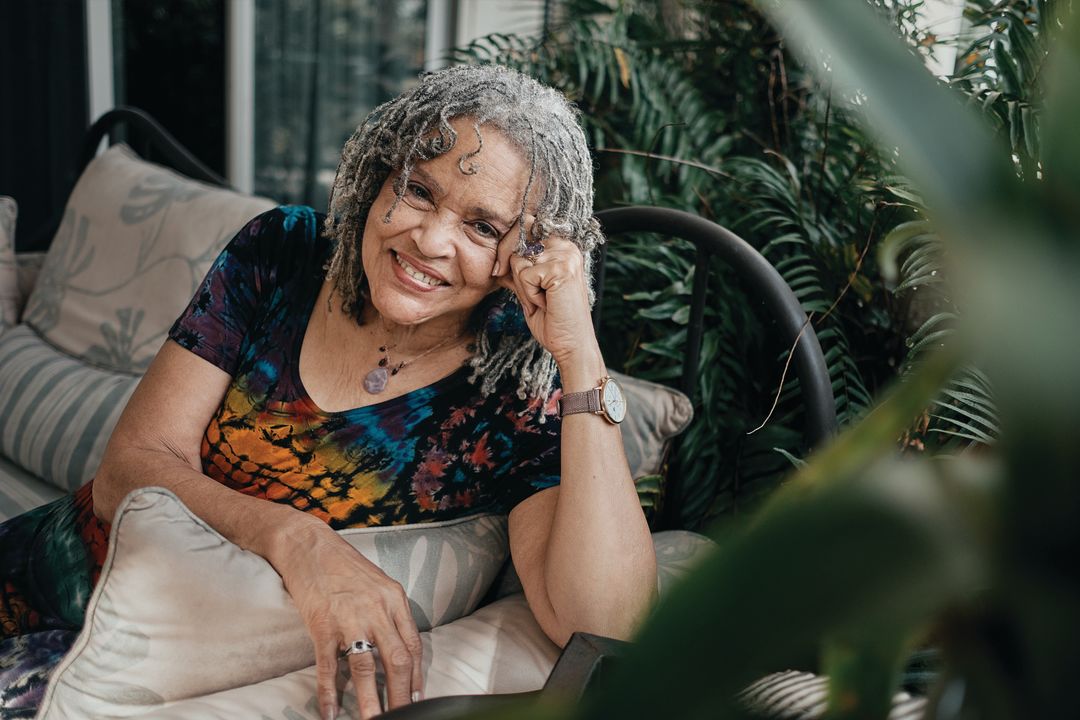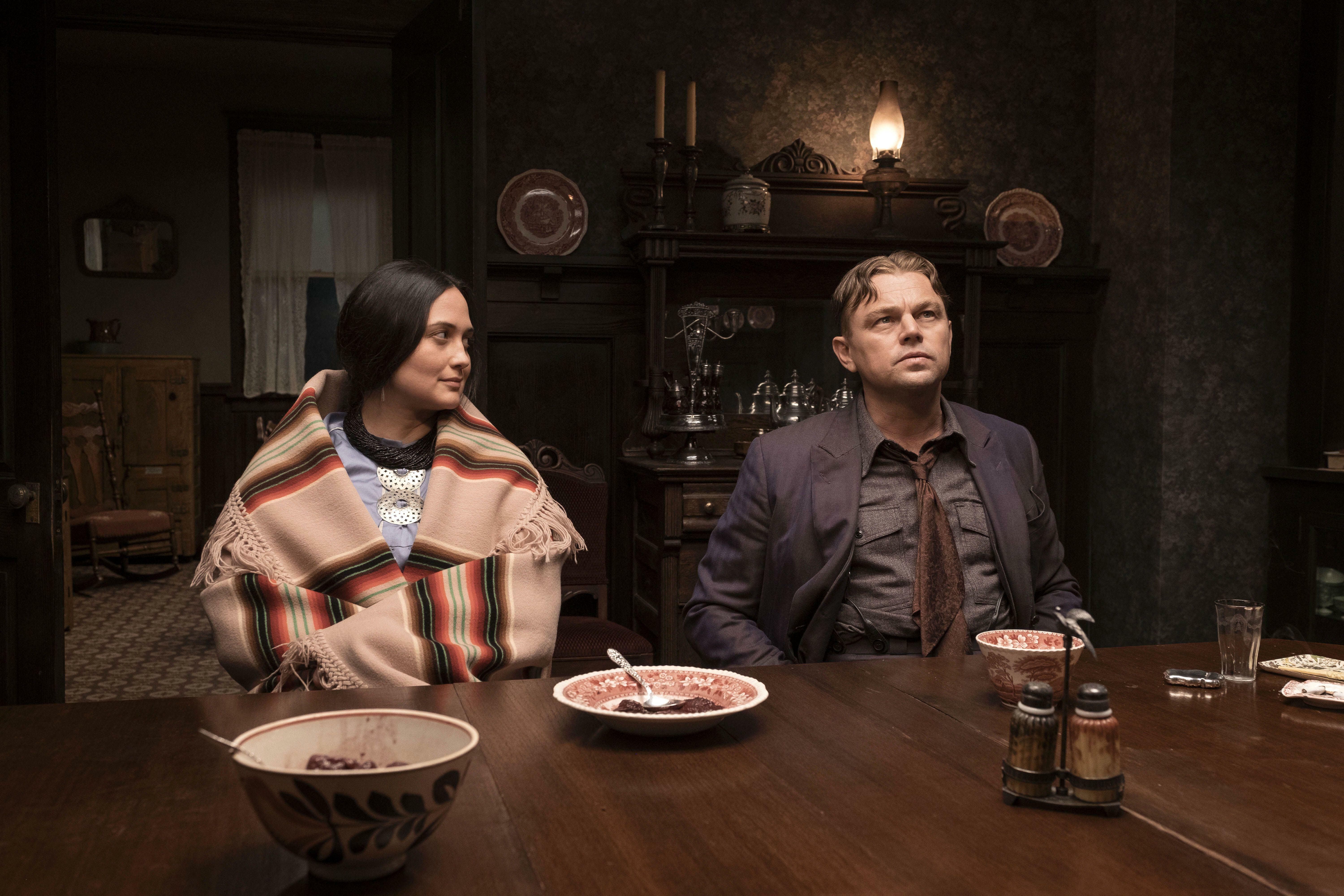Charlayne Hunter-Gault on Journalism, Civil Rights and Faith

Charlayne Hunter-Gault
Image: Evan Sigmund
Few living Americans have been greater witnesses to the civil rights movement, here and abroad, than has Charlayne Hunter-Gault. But she was far more than a bystander: In 1961, Hunter-Gault was the first black student to integrate the University of Georgia. She became a star reporter with The New Yorker and then the first Harlem bureau chief for The New York Times. In the 1990s, she worked for PBS Newshour and as the Africa correspondent for NPR and CNN, covering the democratic transformation of South Africa under Nelson Mandela.
At 76, Hunter-Gault remains energetic and engaged, hosting the Race Matters series on PBS and doing numerous speaking events. She recently sat down in the elegant Palm Avenue condo decorated with African artwork she shares with her husband of 48 years, Ronald Gault, to talk with us.
“My father fought in World War II and Korea. When he was away, in the summer my mother would send me to Florida to stay with my grandparents. I remember climbing trees and hiding [from my grandmother] because she was always trying to teach me Bible verses. I never appreciated those lessons until, years later, my third night at the University of Georgia, when there were riots over my presence on campus. The dean came and told me I was being suspended for my own safety. I walked with him into the night, the smell of tear gas in the air. We picked up Hamilton Holmes, the other African-American who desegregated the university with me. Policemen drove us 73 miles to Atlanta in the middle of the night. The next day, reporters asked me whether I was scared, and it suddenly struck me how calm I had been. I was comforted by one of the Bible verses my grandmother taught me: “Yea, though I walk through the valley of the shadow of death, I will fear no evil: for thou art with me; thy rod and thy staff they comfort me.” That verse has comforted me many times since then, even in war zones.
“My grandfather used to say, ‘Get an education, boys, because that is going to be the key to your liberation.’ I’ve often said that while they couldn’t give us first-class citizenship, our black teachers, parents and preachers gave us a first-class sense of ourselves. Their lessons about our history created layers of armor. I had a sense of belonging and of getting what I was supposed to get as a citizen of this country. I say that a lot today because so many people are despondent. My response is, ‘Look, we’ve been here before. We’ve overcome. Never give up on democracy.’ Once, when I was moderating a panel discussion with Archbishop Desmond Tutu and former Secretary of State Madeleine Albright, Bishop Tutu was critical of something our government officials had done, saying he did not expect that from America. Albright didn’t waste a second: ‘Listen,’ she told him, ‘democracy is messy.’ That’s why learning history is so important. It teaches us about faith. And when we have faith, we realize the truth in the Rev. Martin Luther King’s great borrowed statement that the moral arc of the universe is long, but it bends toward justice.
“In the early 1960s, blacks were only covered two ways. You had to be some kind of talent, usually an athlete, like Jackie Robinson, or you were a criminal. I wrote about the people as they really were, including a story about an older guy from the West Indies who owned a building that contained the oldest and broadest collection of black works, literature and writings anywhere. I loved quoting him in The New Yorker’s Talk of the Town piece because he spoke in couplets. One of his favorite couplets was: ‘The white man’s dream of being supreme/ has turned to sour cream.’
“I was just out of the University of Georgia when I went to work at The New Yorker. One day J.D. Salinger came in to see my editor. I blurted out how much I loved The Catcher in the Rye, and then I said to him, ‘Would you like to have dinner with me tonight?’ He said, ‘I would love to, but I promised my family I would have dinner with them, and they live way up in the Bronx.’ I never regretted asking him. That was how enabled I always felt I was.
“Lessons from Nelson Mandela keep coming back to me, particularly the emphasis he placed on forgiveness. He reached across to people who had tortured and killed many of his friends and jailed him and his anti-apartheid companions, and he brought them into his inner circle. He had an unshakable belief that you can bridge the gaps that divide us. There’s a South African word for it: Ubuntu, which means, ‘I am who I am because you are who you are.’
“As a reporter, I consider myself a servant of the people. Journalists are not enemies of the people. We don’t tell people what to think. Through good, fact-finding reporting, we give them information that allows them to make good decisions.”



